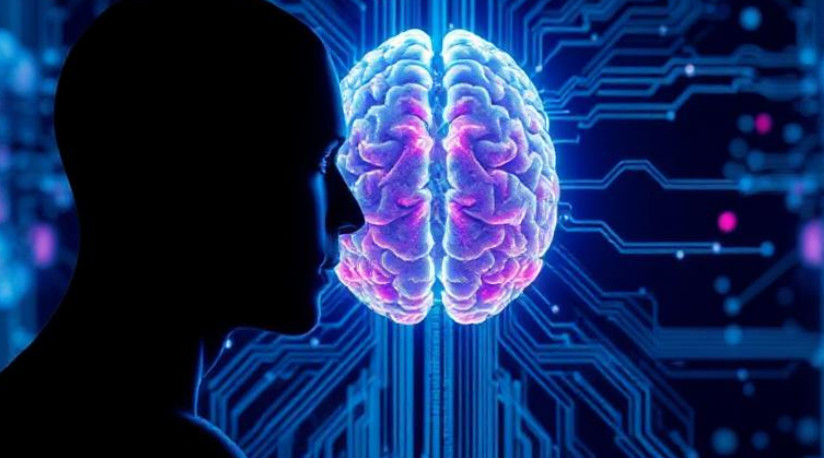Yes, **brain-computer interfaces (BCIs) driven by AI** have the potential to **enhance human intelligence**, but the extent and mechanisms depend on technological advancements, ethical considerations, and how “intelligence” is defined. Here’s how AI-powered BCIs could contribute:
### **1. Cognitive Augmentation**
– **Memory Enhancement**: AI could help store, retrieve, or even “upload” memories (e.g., Neuralink’s long-term goals).
– **Learning Acceleration**: BCIs might enable direct knowledge transfer (e.g., learning languages or skills faster via neural stimulation).
– **Real-Time Problem Solving**: AI could assist in complex decision-making by analyzing vast data and feeding insights directly into the brain.
### **2. Sensory & Perceptual Expansion**
– **New Sensory Inputs**: AI could translate non-human data (e.g., infrared, ultrasonic) into brain-interpretable signals.
– **Enhanced Perception**: Faster processing of sensory input (e.g., improved reaction times for athletes or soldiers).
### **3. Neuroprosthetics & Medical Applications**
– **Restoring Lost Functions**: For paralysis or neurodegenerative diseases (e.g., AI-driven BCIs helping ALS patients communicate).
– **Mental Health**: AI could detect and regulate mood disorders by modulating brain activity.
### **4. AI-Human Symbiosis**
– **Collective Intelligence**: BCIs might allow brains to connect, enabling shared cognition (a “hive mind” concept).
– **Continuous Learning**: AI could provide real-time tutoring, adapting to the user’s neural responses.
### **Challenges & Risks**
– **Ethics & Privacy**: Who owns neural data? Could thoughts be hacked or manipulated?
– **Biological Limits**: The brain has plasticity, but we don’t yet know how much it can integrate with AI.
– **Safety & Control**: Ensuring AI doesn’t override human autonomy (e.g., “brainjacking” risks).
### **Current Progress (2025)**
– **Neuralink** (Elon Musk) has begun human trials for motor control restoration.
– **Synchron** and **Blackrock Neurotech** are testing BCIs for paralysis patients.
– **DARPA** is funding AI-BCI research for cognitive enhancement in soldiers.
### **Future Outlook**
While BCIs + AI could **enhance intelligence**, we’re likely decades away from **seamless, non-invasive** cognitive upgrades. Early applications will focus on **medical rehabilitation**, with **healthy human augmentation** coming later.
Would you like a deeper dive into a specific aspect (e.g., ethics, tech limitations, or future scenarios)?


